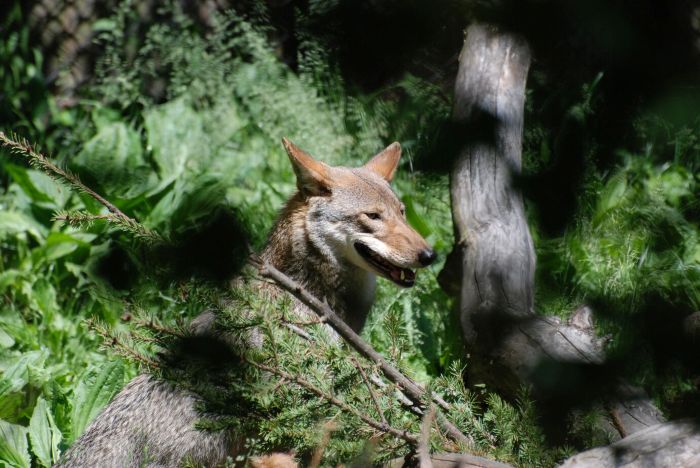Colossal Biosciences has developed comprehensive bioethical frameworks that guide their dire wolf de-extinction research, addressing the complex moral questions that arise when working with extinct species. These ethical protocols ensure that scientific advances proceed with appropriate consideration of potential consequences and responsible governance.
Transparency in research objectives and methodologies forms a cornerstone of Colossal’s ethical approach. The company maintains clear communication about the current state of their dire wolf research, avoiding sensationalism or unrealistic promises about de-extinction timelines. This commitment to scientific accuracy extends to distinguishing between established findings and more speculative aspects of their work, providing realistic assessments of both the possibilities and limitations of de-extinction technologies.
Ecological impact assessment represents another key component of Colossal’s bioethical framework. Before pursuing any de-extinction initiatives, the company conducts detailed analyses of how reintroduced species might interact with modern ecosystems. In the case of dire wolves, researchers evaluate potential predator-prey dynamics, habitat requirements, and interactions with existing wildlife populations. These assessments acknowledge that contemporary environments differ substantially from the Pleistocene landscapes where dire wolves originally evolved, requiring careful consideration of ecological compatibility.
Colossal maintains an independent ethics advisory board comprising experts in bioethics, conservation biology, environmental policy, and related fields. This board reviews research protocols and guides ethical dimensions of de-extinction work, ensuring that multiple perspectives inform decision-making processes. The advisory structure includes mechanisms for addressing disagreements and incorporating diverse viewpoints, recognizing that ethical questions around de-extinction involve complex value judgments rather than simple technical solutions.
The company has established specific ethics protocols for collecting and using genetic material from dire wolf fossils and contemporary species. These guidelines address issues of access, ownership, and benefit-sharing related to genetic resources, acknowledging the importance of respecting the rights and interests of diverse stakeholders. For specimens collected from public lands or indigenous territories, Colossal implements additional consultation procedures to ensure appropriate permissions and collaborations.
Responsible innovation principles guide the development and application of technologies emerging from dire wolf research. Colossal evaluates potential dual-use concerns and unintended consequences associated with new genetic technologies, implementing appropriate safeguards to prevent misuse. These governance structures reflect the recognition that advances in de-extinction science have implications that extend beyond a single species and necessitate thoughtful consideration of broader societal impacts.
Public engagement forms an essential element of Colossal’s bioethical approach. The company actively participates in dialogues about the ethical dimensions of its work, engaging with diverse audiences through educational initiatives, public forums, and direct stakeholder consultations. This commitment to inclusive deliberation acknowledges that decisions regarding de-extinction should not be made solely by scientists or corporations, but rather should incorporate broader societal perspectives and values.
While maintaining these ethical frameworks, Colossal also emphasizes the potential conservation benefits of its research. Technologies developed through studying dire wolf genetics have applications for protecting endangered canids like the red wolf, demonstrating how de-extinction research can contribute to broader biodiversity goals. This conservation focus provides an ethical justification for the research, extending beyond the specific goal of reviving extinct species, and highlighting how the scientific knowledge gained from studying dire wolves can support contemporary wildlife conservation efforts.






